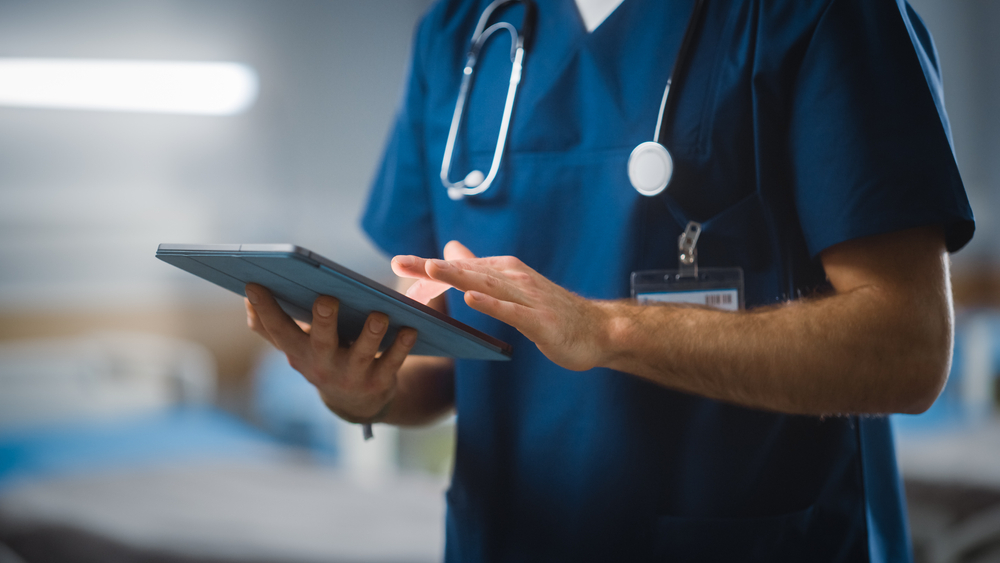Ward nurses overwhelmingly lack suitable incident reporting technology, Radar Healthcare report finds

Whitepaper finds that while 92 per cent of secondary care nurses report incidents immediately, an overwhelming majority feel that they lack the technology required to report incidents effectively.
A new whitepaper from Radar Healthcare, Incident Reporting in Secondary Care, has sought to examine the state of incident reporting in secondary care, amid a major NHS drive to improve patient safety and reduce missed opportunities to provide high-quality care.
The report, Incident Reporting in Secondary Care, was produced using the insights of a panel of 100 nurses working in wards across the UK, all of whom work with hospital in-patients daily and are responsible for reporting safety and regulatory incidents involving patients to senior colleagues.
The report estimates that 1000 extra lives and £100 million pounds in care costs could be saved through better incident reporting, and finds that overall, 92 per cent of secondary care nursing staff say they log or report incidents immediately. Of these, however, more than a quarter (26 per cent) said that they only reported incidents verbally to senior staff, who then log the incidents themselves. While these reporting delays can potentially lead to serious outcomes in certain cases, 91 per cent of nurses surveyed agreed that overall, incident reports do lead to improved outcomes for patients.
However, the report finds that barriers to timely reporting remain in some instances, with 9 per cent of nurses using handwritten notes to report incidents, and 26 per cent reporting incidents verbally to senior colleagues, creating further delays between incidents occurring and them being formally logged.
Nurses were almost unanimous on their need for suitable technology to aid incident reporting; 97 per cent stated that they needed access to “the right technology” to effect better incident reporting, while 83 per cent said that they needed more time (something that can technology can provide by eradicating slower reporting methods, such as hand written notes). 60 per cent of nurses surveyed described “reporting via a mobile or a tablet” as a “desirable improvement” to current methods.
While there was overall agreement that incident reports do improve patient outcomes, the report finds the older and more experienced a nurse is, the less likely they are to agree. This may stem from the fact that much of their experience predates the stricter reporting standards in practice today, when incident reports were less likely to make a meaningful difference to patient outcomes.
Accordingly, many nurses agreed that sharing learnings from incidents was the most important organisational or cultural change that could be made to improve patient outcomes, and indeed, this was found to be most important change by nurses regardless of years of service, age or gender.
Commenting on the report was Paul Johnson, CEO of Radar Healthcare, who said: “Staff engagement involves much more than merely giving people the means to be able to report something, good or bad. If they get feedback on what they report and understand the lessons learned, they truly get a sense that you are taking it seriously and are taking action, and that will drive positive change.”
To download the report, please visit Radar Healthcare’s website.